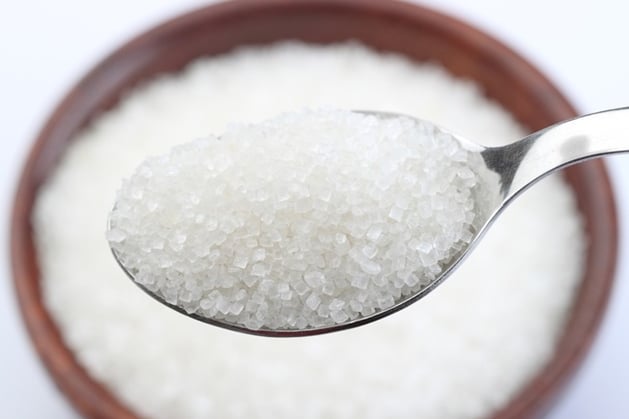
The amount of sugar you consume has a lot to do with your oral health, but your diet also is paramount to your overall well-being. As our understanding of how diet affects health evolves, organizations readjust recommendations so they are in sync with the most current information. Such is the case for the World Health Organization (WHO), as the WHO has released new guidelines regarding sugar intake. The organization's previous guidelines were last updated in 2002.
Over the past several decades, American diets, as well as the diets of other nations around the world, have changed due to an influx of processed foods and artificial sweeteners. According to the WHO, many foods today hold "hidden" sugars even though they may not be seen as traditionally sweet foods.1 In other words, processed foods might be doing more to harm your oral and general health than you may realize. The WHO lists sugary drinks as one of the main culprits.2
What are the new guidelines?
The WHO's guidelines were first drafted in March 2014, before being subject to a public consultation which included relevant stakeholders.2 The new guidelines recommend that both children and adults reduce free sugars to be less than 10 percent of their total energy intake each day.1 The organization further notes that reducing this level to 5 percent or less - approximately 25 grams per day - yields additional health benefits.
"Americans generally consume well above the WHO's sugar intake recommendation."
In a press release, the WHO's director of the Department of Nutrition for Health and Development, Dr. Francesco Branca, stated, "We have solid evidence that keeping intake of free sugars to less than 10 percent of total energy intake reduces the risk of overweight, obesity and tooth decay. Making policy changes to support this will be key if countries are to live up to their commitments to reduce the burden of noncommunicable diseases."1
Last year when the guidelines were first drafted, CNN noted that this amount of sugar is less than what's found in one can of soda.3 While general sugar consumption varies from country to country around the world, many regions consume much more sugar than this recommendation. The U.S. falls into this category, as multiple sources suggest that the average American gets about 25 to 30 percent of their total daily energy intake from sugar.4
Sugar and your health
Sugar can take a major toll on your mouth and lead to tooth decay and other oral health problems. According to DentistryIQ, the WHO's recommendation coincides with research that suggests there is a higher frequency of tooth decay among those whose daily total energy intake is made up of more than 10 percent sugar.5 All in all, adhering to these recommendations can greatly benefit oral and general health. Read food labels as a means of finding hidden sugars and practice recommended oral hygiene processes to keep your teeth strong and healthy.
1 "WHO calls on countries to reduce sugars intake among adults and children," World Health Organization Press Release, March 4, 2015. http://who.int/mediacentre/news/releases/2015/sugar-guideline/en/
2 "WHO opens public consultation on draft sugar guidelines," World Health Organization Note to the Media, March 5, 2014. http://www.who.int/mediacentre/news/notes/2014/consultation-sugar-guideline/en/
3 "WHO-proposed sugar recommendation comes to less than a soda per day," by Jacque Wilson, CNN, March 6, 2014. http://www.cnn.com/2014/03/06/health/who-sugar-guidelines/
4 "How much sugar are Americans eating?" by Alice G. Walton, Forbes, Aug. 30, 2012, http://www.forbes.com/sites/alicegwalton/2012/08/30/how-much-sugar-are-americans-eating-infographic/
5 "WHO calls on countries to reduce sugar intake among adults and children," DentistryIQ, March 5, 2015. http://www.dentistryiq.com/articles/2015/03/who-calls-on-countries-to-reduce-sugars-intake-among-adults-and-children.html
